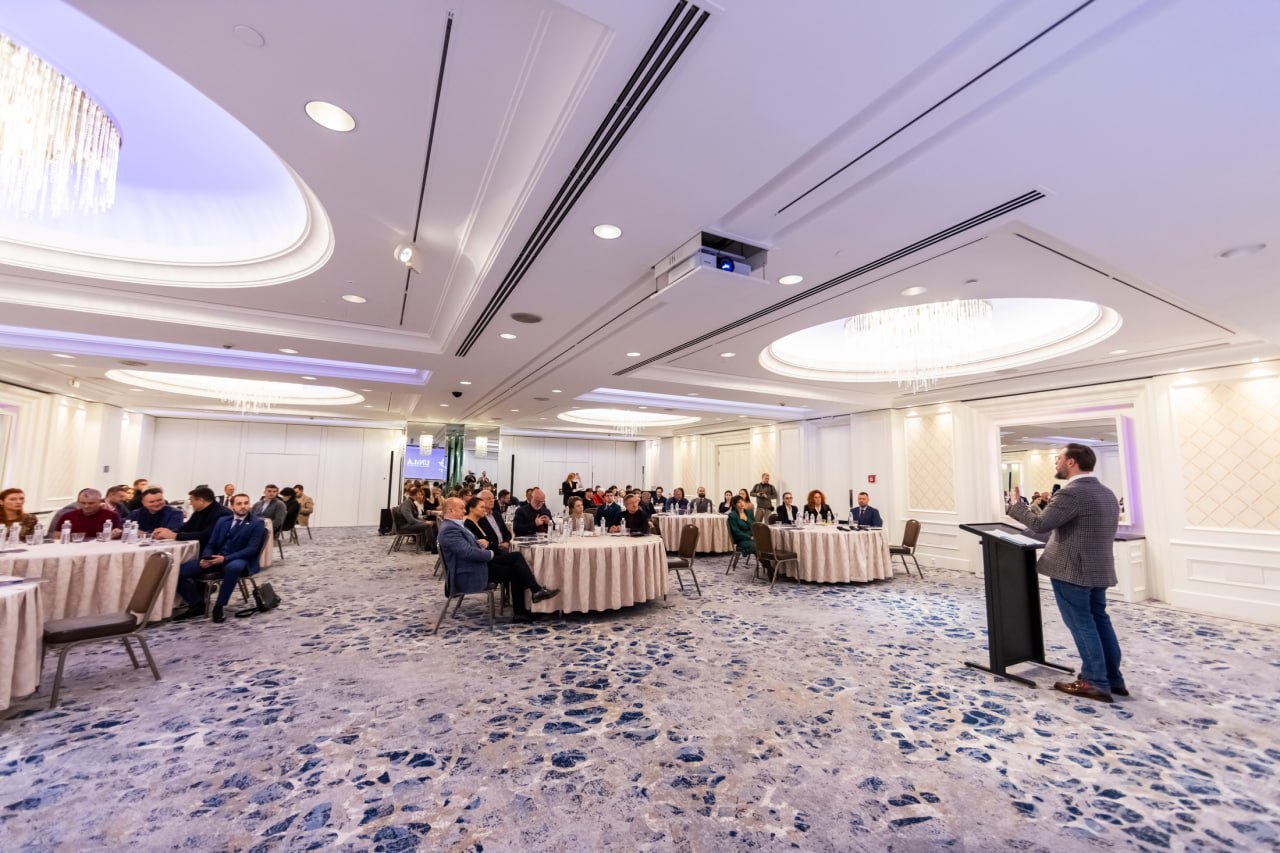
A new educational center, the Higher School of Lobbying, a structural subdivision of the National Association of Lobbyists of Ukraine, has opened in the capital. The project’s mission is to form a professional community of lobbyists in the country in accordance with EU, US, and UK standards. The premiere took place at the Hyatt Regency Kyiv, bringing together over 100 participants, including about 50 members of parliament, diplomats, representatives of international business, and academia.
A special feature of the launch is the participation of practicing lobbyists from the US and the UK, who will conduct classes together with Ukrainian experts. The program is designed as a practical track for working in the EU and US markets.
Project director Oleksiy Shevchuk said: “Lobbying is about transparent rules, competition of ideas, and investment. We are launching a school that provides tools for legal influence and open dialogue with the authorities. Our graduates must be equally confident in defending their clients’ positions in Kyiv, Brussels, and Washington, relying on facts, ethics, and compliance.”

The professional principles of the new school are:
1) Legality and transparency — working only within the public legal field, with a clear mandate and client disclosure
2) Ethics — prevention of conflicts of interest, internal compliance, and codes of conduct
3) Expertise — analytics, data, impact assessment, proposals for regulation
4) Equal access — inclusion of business, NGOs, and regions in dialogue with the state
5) Measurability — goals, KPIs, and reporting on advocacy results
Recruitment for the first cohort has begun. International mentors, workshops on preparing position papers for EU and US institutions, and analysis of real-life cases of interaction with regulators have been announced. The organizers emphasize that the school is results-oriented — graduates should bring new partnerships, investments, and sustainable changes to the rules of the game to the economy.
Historical background: how lobbying developed in the US and Europe
US. The American model is the most institutionalized. In the 19th century, the term “lobbyist” came into use to describe individuals who communicated with congressmen behind the scenes.
The modern system is based on mandatory registration of lobbyists, reporting on clients, budgets, and topics of influence, public registries, and compliance.
Principles: transparency of contacts with officials, disclosure of expenses, restrictions on gifts and travel funding, disciplinary responsibility for covert activities.
Europe. In the EU, lobbying is formalized as the participation of interested parties in policy-making. The European Commission and European Parliament have a Common Transparency Register, which requires disclosure of information about organizations and consultants, their goals and resources, and meetings with high-ranking officials are published online.
National regimes vary, but common standards include public registers, codes of ethics, tracking of influence on regulation, and impact assessments for new legislation.
Source: https://interfax.com.ua/news/projects/1119422.html
© 2016-2026, Open4Business. All rights reserved.
All news and diagrams placed on this Web site is made for internal use. Its reproduction or distribution in any form are welcome in case of placing a direct hyperlink to a source. Reproduction or distribution of information which contains Interfax-Ukraine as a source is prohibited without the written permission from the Interfax-Ukraine news agency. Photoes placed on this site are taken from open sources only; rightholder are welcome to make demands to info@open4business.com.ua , in this case we are ready to put your copyright to a photo or replace it.